Maharathi
Maharathi (2008) is not a "whodunit"- rather it unspools in the fashion of a high-stakes teaser in which the winning player has to prove "I didn’t do it, someone else did!" It stands apart from the crassly commercial foolishly handled pics paraded as "suspense pictures". Starting off promisingly it escalates in interest, soars then befuddlingly plateaus ,before finishing off thankfully on a steady note. I was inclined to accord the highest honours to this film,directed by Shivam Nair , during three-quarters of its runtime but in the last act the "wow" factor melted as the story reached its tortuous resolution. What should one crave for in the uber examples of this genre? Strong emotional tug, haunting music, intensely evocative mise en scene, a chilling narrative topped off by a scalding finale...I’m thinking of the delicious terror of " Kaun ", the roiling heights of " Vertigo " (1958). Maharathi on the other hand may not hit the ball out of the park, but it certainly puts a mean spin on its offerings.
The first character to be introduced is Subhash (a superbly assured Paresh Rawal). He is a small-time crook and at the start, he’s shown pulling off an ATM theft with the use of a chewing gum (irrespective of the feasability of the trick ,its debatable whether a fraudulent act of this nature may be shown in films!) Soon,fate throws him into the degenerating orbit of Jaisingh Adenwala (Naseeruddin Shah) and Mallika (Neha Dhupia). These both are husband and wife, and their marriage mirrors the environmental hygiene of Mumbai. A couple of scenes suffice to show that the only passion they share consists of acrimonious verbal fireworks. Adenwalla, presumably in his late fifties or early sixties, has taken to alcoholism as his supposed succour. Once a movie moghul, now he is in heavy debt and seems to be in a state just one step shy of his counterpart in Sunset Boulevard. Mallika is his young sexy amply endowed wife. Why she hasn’t already divorced him is best left to the audience to figure out by themselves.
The young siren soon begins to show her sinister designs, while Subhash watches all this with an apparently guileless mind. Recruited by Adenwalla as his driver, Subhash doesn’t seem to be in hurry to throw away his new-found means of honest living. The last character to be considered here before the "churn" is A.D Merchant (Boman Irani) a lawyer who in a brief introductory scene, hints at posessing all the vulpine qualities for which his profession,both in real life and celluloid, is ridiculed for. The twist finally arrives- a character pulls a macabre joke which imparts a perverse jazz to the ensuing proceedings. What this twist actually is, qualifies as classic spoiler material. Suffice it to say that the players have to do their best in hiding the true nature of the plot-tilting event that has occurred. And the character who is most resourceful and lucky might emerge with a small fortune.
Seriously complicating the situation are a series of revelations which spring from strange stipulations in certain legal documents.A considerable quantum of suspense is generated whenever the secret comes teasingly close to being discovered. I found myself supporting the planning of the schemers ,and was quite disappointed when their strategy suffers roadblocks. To what extent you’ll go along and like this script,will depend on the degree to which you accept its contortions. And those who have major issues with the script’s plausibility will become increasingly indifferent as the script advances.
Paresh Rawal in his role as Subhash gives the movie’s most memorable performance. His character is required to be street-smart, persuasive, and capable of being sanguine under extreme stress- Rawal nails all these details in an act that indicates his versatile finesse, and again demostrates why he is one of modern Indian cinema’s finest "character" actors. Portraying a man who seems to be steady even as he is on the very brink, Nasseruddin Shah is his usual expert self.
Enacting curt stiff-hearted men comes easily to Boman Irani, and he spikes that behavioural template with a fine display of crescendoing aggravation in the movie’s finale.Contrast this with his portrayal of a police inspector in the Jijy Philip-directed My Wife’s Murder - a remarkable thriller that is one notch above Maharathi.
Neha Dhupia too racks up what is required. As dear ol’ young Keats said "a thing of beauty is a joy forever" and if that beauty can convincingly act in films as well, that joy become all the more luscious!
Technically too this is a strong film. The lensing is clear-’n’-sure in its framing, and fluid in the dynamics. In the sequence which contains the movie’s main twist, the camera simply adopts the aesthetic austerity of an overhead view and calmly sweeps over the stunned figures of the principal characters. Another sequence pulls back from a scene in the house,exits through a keyhole and regards the facade of the house, all in a straight smooth continuous shot. The background music is conspicuous by its minimalist nature- a welcome feature in an industry which is notorious for its frequently atrocious and loud BGM. A sonic underline is rare here; sometimes one has to search for its presence but the movie never suffers for the lack of it.
Though Uttam Gadha is listed as the writer in the credits, it was officially announced by Paresh Rawal that the script originated from a Gujarati play that he created in the 1980s. Questions have been raised about the material’s originality but they are not important to me. What matters is that with a medium budget and a script that was by no means easy to realize onscreen, Shivam Nair & Team have done a superb job of executing this rollercoaster story. This Maharathi takes one on an interesting trip.
UPN world welcomes your comments !!!

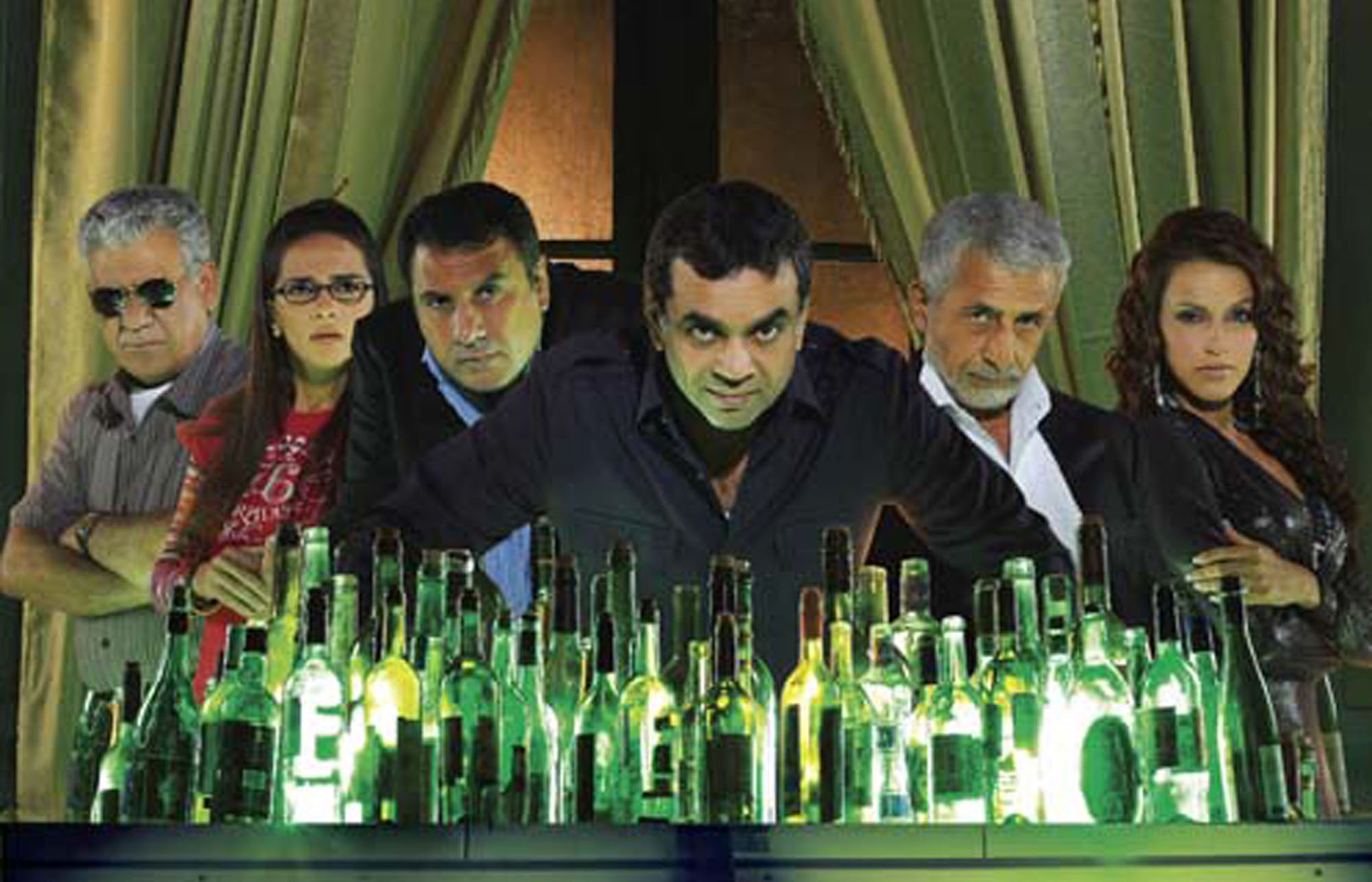
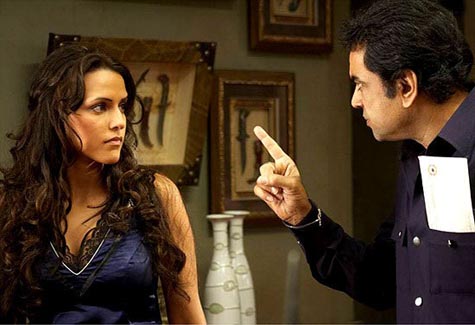
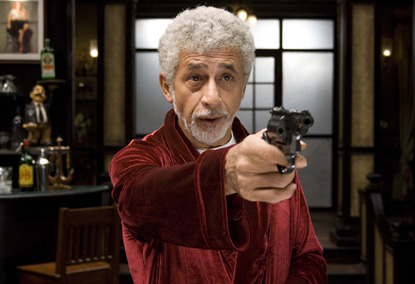
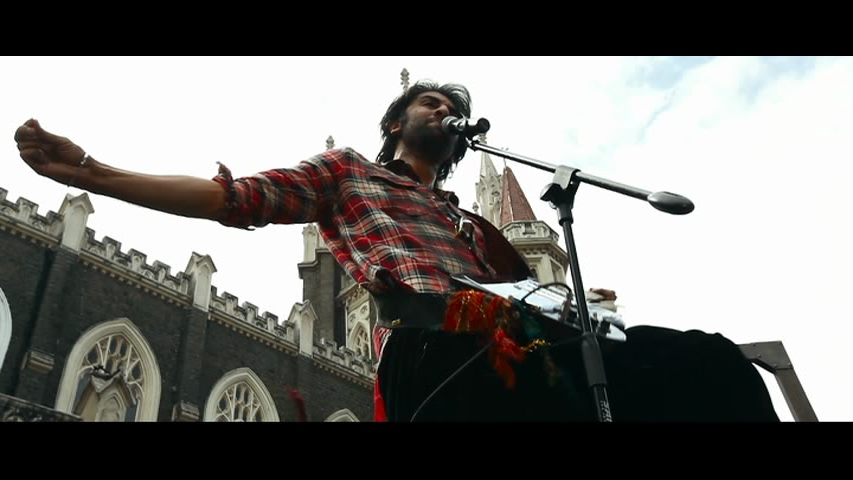
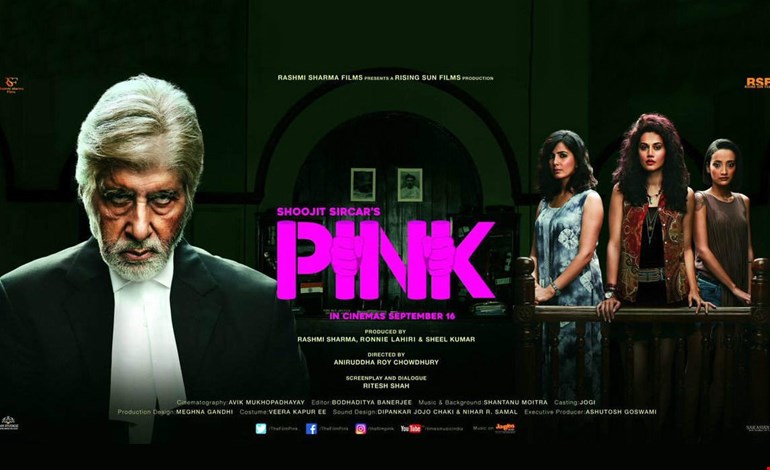
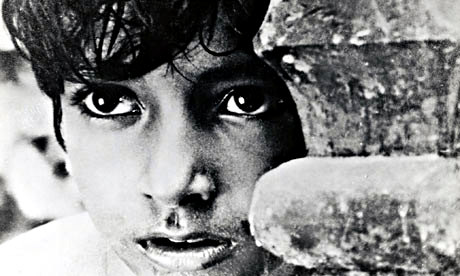
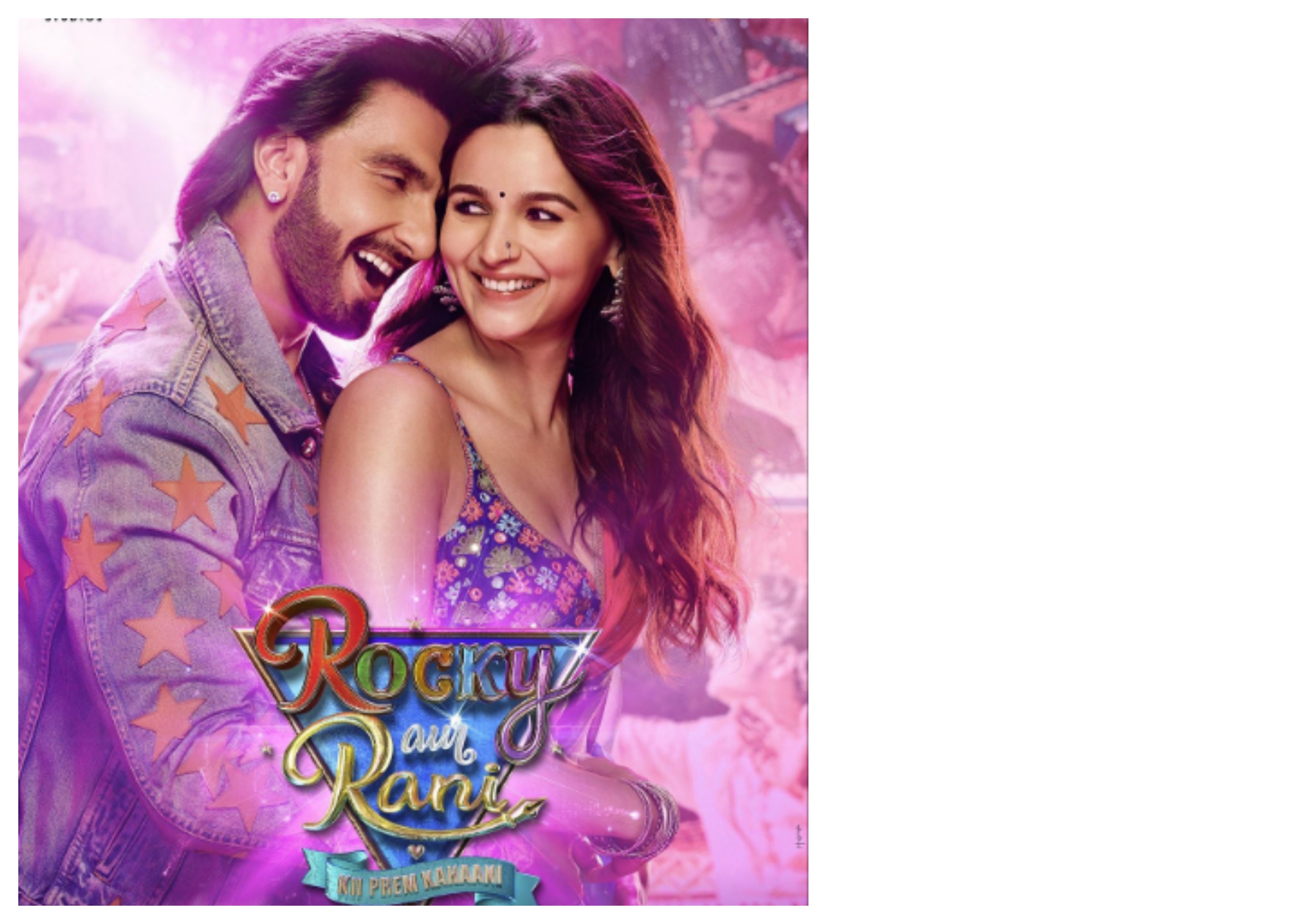




0 COMMENTS
WRITE COMMENT